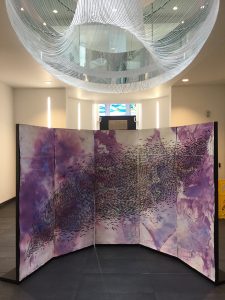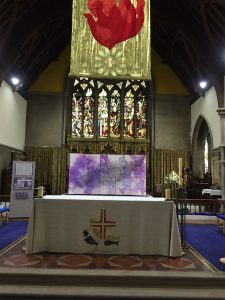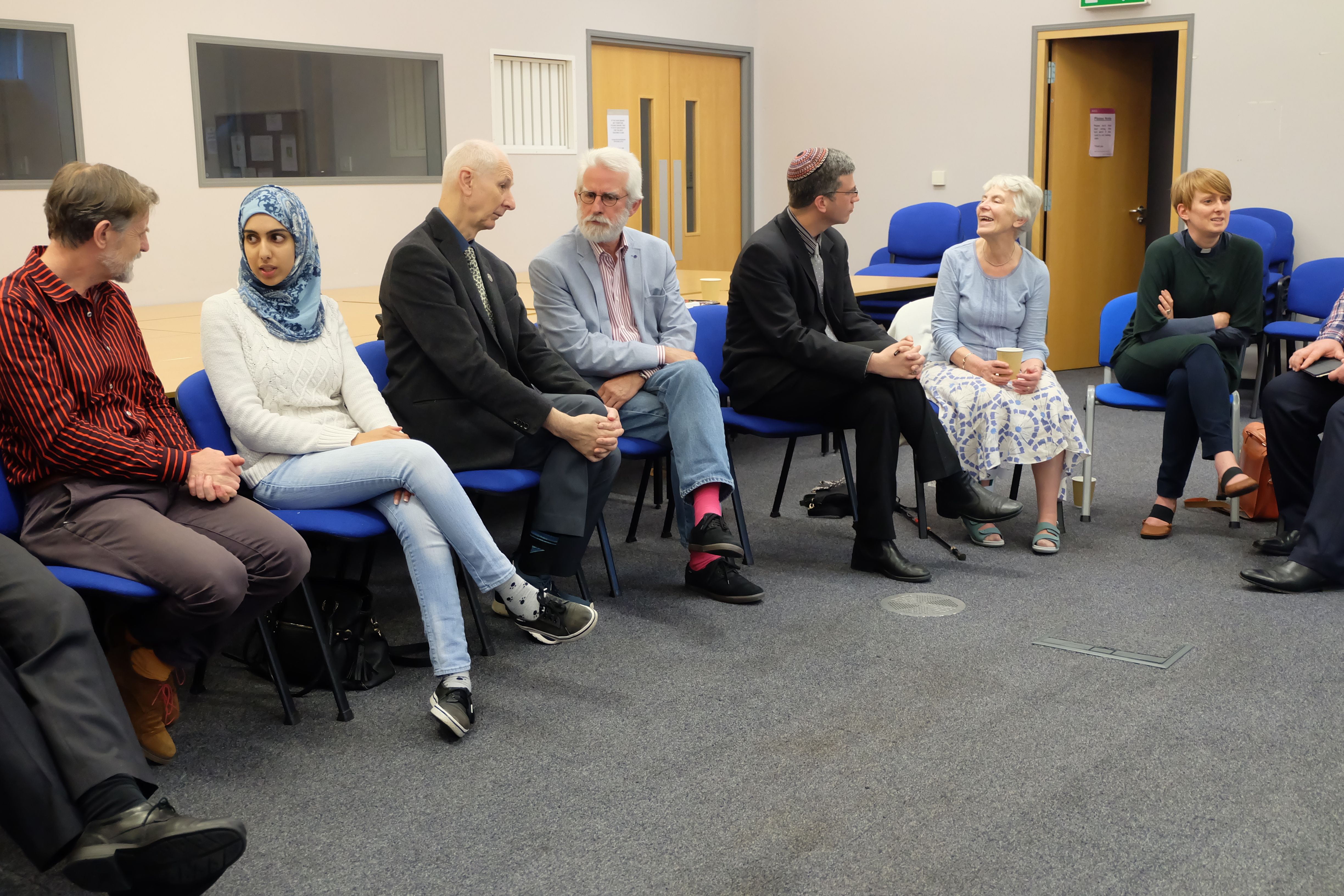The debate over the alleged ‘Trojan Horse’ plot, along with other local issues and tensions have highlighted the need for people of faith in Birmingham to be able to discuss the way that faith is lived out in Birmingham. This means being willing to tackle contentious issues in a considered and mature way without causing offence or ducking the difficult questions. The aim is not necessarily to find total agreement but to enable issues to be discussed and offer ideas and a model that others can use to continue the conversation.
To this end Bishop David Urquhart has asked a team to set up the Birmingham Conversations on the theme of ‘What does Lived Faith Look like in a 21st Century City?’. The conversations are being facilitated by Mrs Sian Nicholas who has recently completed a studies in Inter-Faith Peacebuilding for Faith-Based Development Organisations and lectures at Coventry University on Religion, Conflict and Peace
The conversations will be a series of six sessions between October and March to which we are asking twenty four participants from different faiths to commit to all six sessions. The people are not invited as representatives but are participating in their own right. People were invited from Christianity, Islam, Sikhism, Hinduism, Buddhism and Judaism.
The conversations are a means of enabling difficult conversations around ‘lived faith’ in Birmingham post ‘Trojan Horse’ and will deliver two distinct outcomes:
Firstly: a model of how people with very different perspectives can be enabled to discuss issues usually seen as too controversial, yet which impact the lives of many people on a daily basis.
Secondly: a record of the conversations including where there were changing attitudes, agreement or disagreement as a way of encouraging others to see how these topics can be discussed.
These outcomes will be disseminated through:
1) An academic report on the nature and conclusions from the conversations produced electronically
2) A lay persons’ summary of number 1 produced in hard copy and electronically
3) An academic analysis of the methodology with recommendations for groups wishing to use this process in the future
4) A day conference in mid. 2015 to announce and discuss the findings with a wider group
The title for the Birmingham Conversations is ‘What Does Lived Faith Look Like in a 21st Century City?’; the aim is to provide a means of enabling difficult conversations around lived faith in Birmingham post ‘Trojan Horse’.
Below are some definitions from the title to unpack what our intentions are:
Enabling Difficult Conversations: facilitating the creation of safe space, whereby participants feel able to freely express the deeply held convictions of those within their faith traditions with each other. Within this safe space participants should feel heard and understood, and feel able to discuss issues and to disagree in a respectful manner. The space should allow participants to be challenged and to be challenging in a constructive way that informs the reality of daily life for participants.
Lived Faith: Religion is often expressed as a series of propositions, belief, practices or assertions that those who adhere to that religion are supposed to hold. Faith is a much more difficult term to define, but often speaks to the individual’s own commitment to those beliefs or practices, or on occasion the way in which the beliefs and practices are expressed within a particular community. By ‘lived faith’ we are looking to move beyond a purely intellectual understanding of religion to see faith as something that not only affects the way each individual member of a religion lives out their faith, but also the way in which that living inevitably interacts with those who live around them.
Lived faith is probably best understood in relation to identity. It is that expression or practice of the faith that is most intimate and personal for each individual. It can be expressed in terms of a relationship, particular values, a series of practices, law or encapsulated in specific words and passages of scripture. To engage with lived faith at this level is to touch that which is most personal for the faithful individual, that which has evolved from childhood, or that which drew a specific person to the faith in the first place. It cannot always be expressed in words, and questions of memory, emotion and embodiment are essential to any expression of lived faith. It is also rarely something that is uniquely individual; a lived faith is shared, lived out within a community of faith, even if the different members of the community may not choose to express their faith in identical forms. The community of the faithful is clearly important, but in practice lived faith also engages with, and may even share values or practices with, those of other faith traditions who live close by creating particular synergies and tensions within the expression of the faith.
Post ‘Trojan Horse’: Whilst the ‘Trojan Horse’ episode has brought the way faith is expressed in schools to the fore, it is our contention that the beliefs and values that led to some of the issues (e.g. gender separation) are not limited to schools or to one community. Furthermore there are other issues that are more relevant to people from other faiths that can also lead to tensions or conflict between people. It is this underlying way that faith is lived that we want to discuss in these conversations rather than ‘Trojan Horse’ per se.
Whilst the process and selection of invitees might not be perfect we hope that it will serve as a useful group to tackle some of these important issues and be a model that can be repeated enabling different people to participate.





